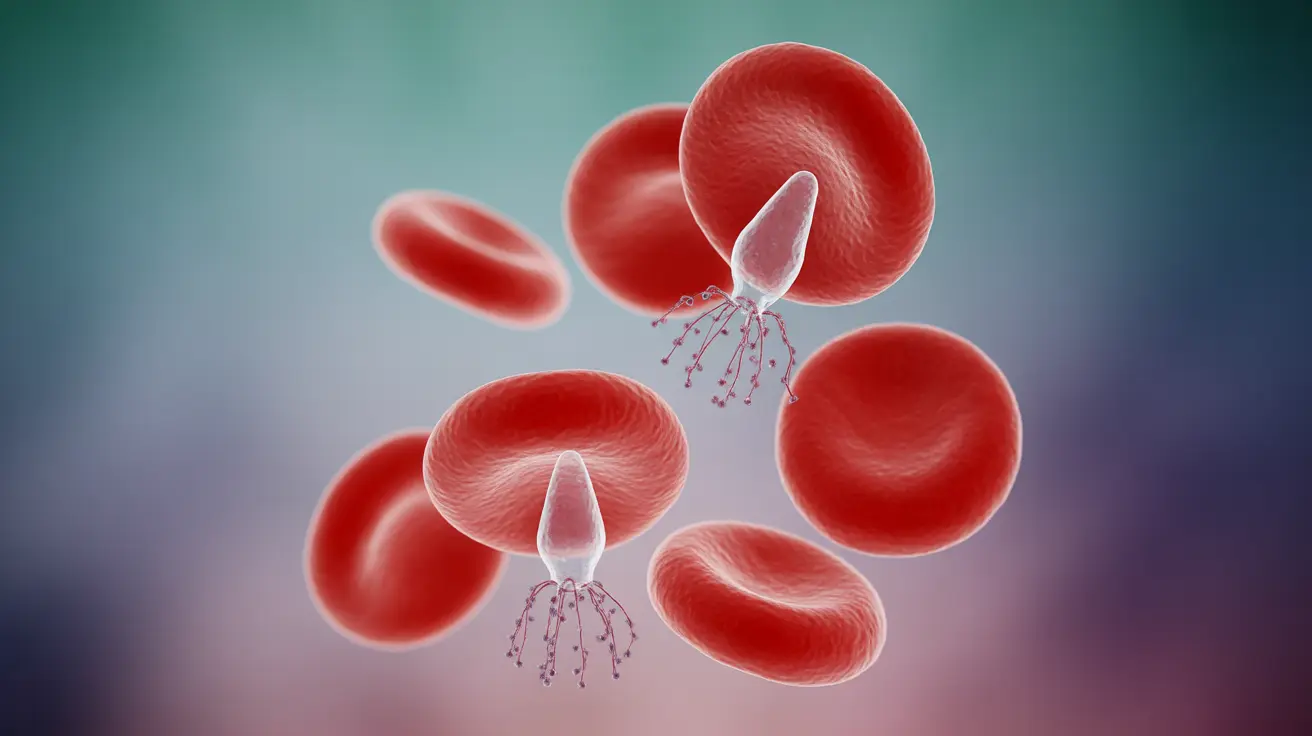The relationship between HIV status and blood donation is a complex and frequently discussed topic in healthcare. As medical treatments for HIV have advanced significantly, allowing many individuals to achieve and maintain undetectable viral loads, questions about blood donation eligibility have become increasingly common.
Understanding the current guidelines and restrictions around blood donation for individuals with HIV, including those with undetectable status, is crucial for both potential donors and healthcare providers. This article explores the current regulations, scientific reasoning, and potential future developments in this area.
Current Blood Donation Guidelines for HIV Status
According to current FDA regulations and blood bank policies, individuals who have tested positive for HIV, regardless of their viral load status, are not eligible to donate blood or plasma. This includes people who have achieved and maintained an undetectable viral load through antiretroviral therapy (ART).
The primary reasons for this restriction include:
- The potential presence of the virus in blood cells even when undetectable in plasma
- The need to maintain the highest possible safety standards for the blood supply
- Technical limitations in current screening methods
- The possibility of viral reservoir activation
Understanding Undetectable HIV Status
An undetectable viral load means that the level of HIV in a person's blood is so low that current tests cannot detect it. While this significantly reduces the risk of sexual transmission (U=U, or Undetectable = Untransmittable), the same principle does not apply to blood donation.
This distinction exists because:
- Blood transfusion involves direct introduction of blood components
- Even minimal viral presence could pose risks to recipients
- Blood products may be given to immunocompromised individuals
- The virus can persist in blood cells despite undetectable status
Scientific Rationale Behind Current Restrictions
The scientific community maintains these restrictions for several key reasons. Even with an undetectable viral load, HIV remains present in the body, particularly in cellular reservoirs. When blood is collected and processed, these reservoirs could potentially become activated, leading to viral replication.
Additionally, blood products are often given to vulnerable populations, including:
- Immunocompromised patients
- Newborns and infants
- Trauma victims
- Surgery patients
Future Possibilities and Research
While current guidelines prohibit blood donation from HIV-positive individuals, ongoing research continues to examine potential changes. Scientists are investigating new screening methods and processing techniques that might eventually allow for safe donation from people with controlled HIV.
However, any changes to current policies would require extensive research, testing, and validation to ensure absolute safety for recipients.
Frequently Asked Questions
Can people with undetectable HIV donate blood or plasma if they are otherwise healthy?
No, current regulations do not allow individuals with HIV to donate blood or plasma, regardless of their viral load status or overall health condition.
What are the current guidelines for blood donation eligibility regarding HIV status?
The FDA and blood banks maintain strict guidelines that permanently defer individuals who have tested positive for HIV from donating blood or plasma, regardless of their treatment status or viral load.
How does HIV transmission risk differ between sexual contact and blood transfusion?
While undetectable status effectively prevents sexual transmission, blood transfusion involves direct blood contact and different transmission dynamics, making it a higher-risk scenario that requires additional safety measures.
What are the specific reasons individuals with HIV, even with an undetectable viral load, cannot donate organs?
The presence of viral reservoirs, potential for viral activation during transplantation, and the need to protect immunocompromised recipients are the primary reasons for these restrictions.
Are there any exceptions or ongoing changes in regulations that might allow HIV-positive individuals with undetectable viral loads to donate blood or plasma in the future?
While research continues, there are currently no exceptions or imminent changes to these regulations. Any future changes would require extensive scientific validation and safety testing.




